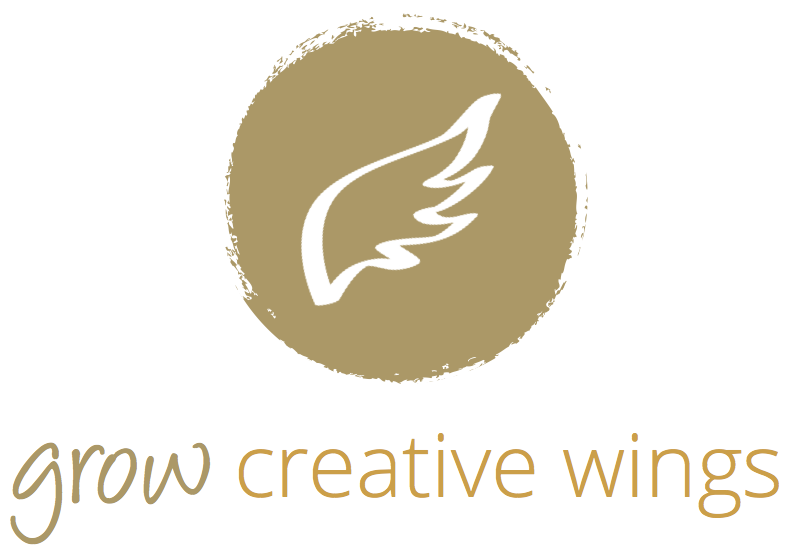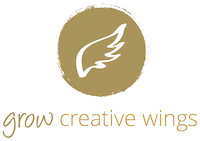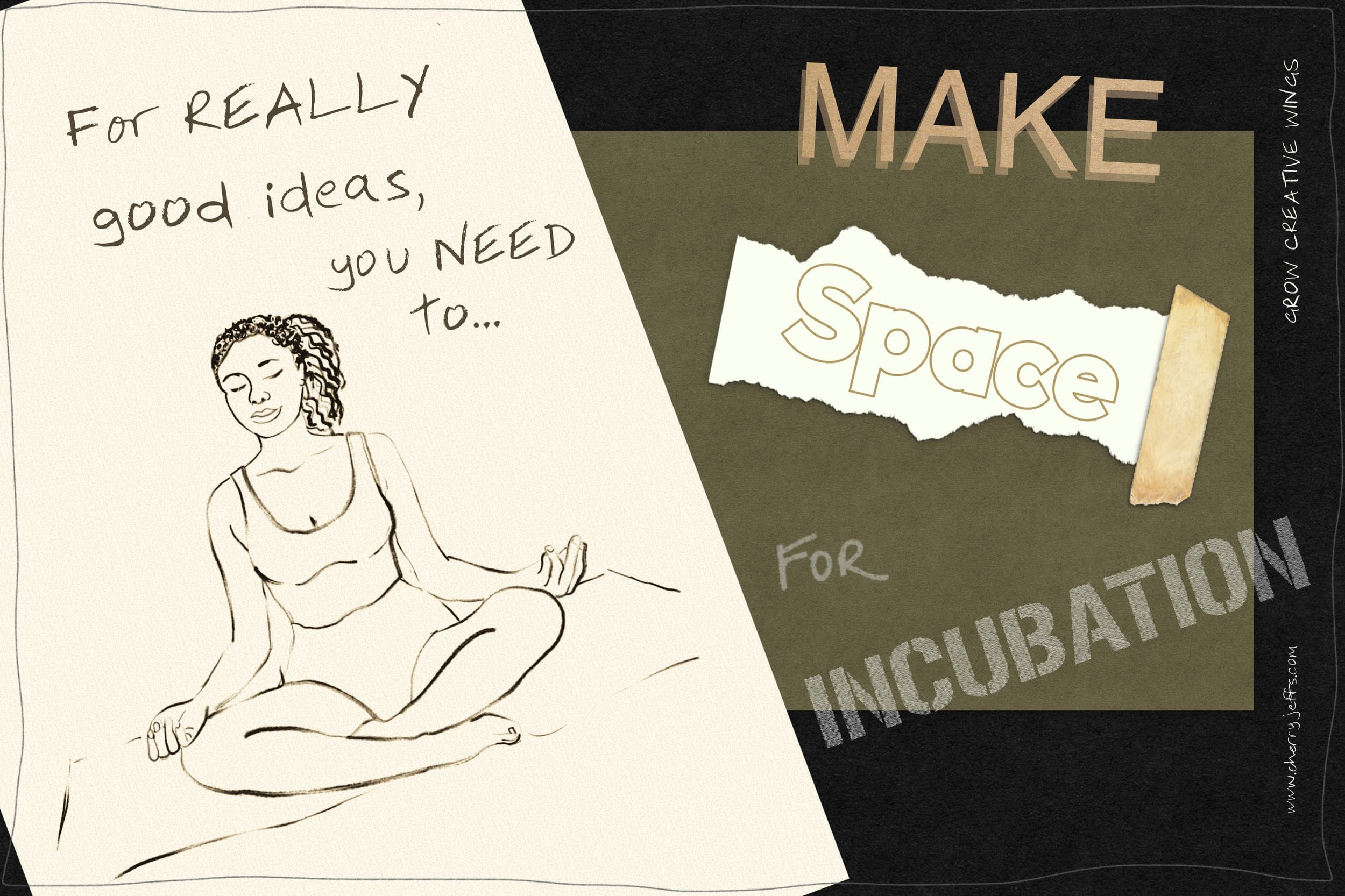For Really GOOD Ideas, You Need to Make Space For Incubation
Where do you get your best ideas?
Luxuriating in the shower? Wandering in the woods? Driving, or looking out the window of the bus? Or what about in those blissful hazy moments between sleep and waking up?
One thing I can guess. You don’t get your best ideas when you’re trying to get your best ideas, do you?
You don’t get them sitting hunched over your worktable scowling with effort.
Or when you’re prowling about your studio worrying about an upcoming deadline.
Don’t worry. That’s normal. Study after study about creativity show that our best ideas need a gestation period in order to really come together.
This period is known as Incubation.
You must have a room, or a certain hour or so a day, where you don’t know what was in the newspapers that morning, you don’t know who your friends are, you don’t know what you owe anybody, you don’t know what anybody owes to you.
This is a place where you can simply experience and bring forth what you are and what you might be. This is the place of creative incubation.
At first you may find that nothing happens there. But if you have a sacred place and use it, something eventually will happen.
—JOSEPH CAMPBELL
What is Incubation?
Incubation is the stage in the creative process that comes after we’ve done as much research and brainstorming as we can to develop our initial idea.
Often we feel kind of stuck. Not don’t-want-to-get-out-of-bed stuck. Not defeated. Just sort of ‘on pause’.
No matter how much we THINK, we can’t find THAT THING we need to move on.
So, at some point, we step away; take a break; do something else.
And during that time - whether we’re aware of it or not - a shift occurs. We move from active, analytical, left-brain mode into lateral, intuitive, right-brain mode.
We’re incubating.
Nurturing your creative project
Incubation is a great word to describe what’s going on.
Your creative project is your baby, right? When your creative ideas come into the world, they often do so as tiny sparks, not at all fully-formed.
They need to be nurtured in order to reach full strength and be able to breathe and grow independently.
To allow your ideas to do that, you have to stop poking and prodding them for a while. You have to give them some space to just be.
This is hard!
In today’s world, it’s difficult to justify spending time NOT actively trying to get something done: Time just for moodling, doodling or staring abstractedly out of the window; time for lying on the sofa without even talking.
Yet without this kind of time, you can’t have a breakthrough. You can’t have the ‘aha’ experience; the ‘now I see it’ moment.
Without incubation you can’t create anything uniquely yours because everything you’re thinking about until you have that breakthrough moment is just a rehash of what came before.
It’s the incubation period that allows your subconscious to connect the random dots. The dots between what others have done and your own experience. When those dots connect, you're able to express your personal vision.
One job of the unconscious is to act as a workshop for rough-shaping ideas; crafting notions as new parts or tools become available; storing observations until something relevant appears in the landscape -- generally soaking, simmering, and incubating ideas. Gradually, while combing through its inventory, it finds bits and pieces that create a pattern. When it slips knowledge of that pattern to the conscious mind, it's a surprise, like a telegram slid under the door.”
—DIANE ACKERMAN
An Alchemy of Mind: The Marvel and Mystery of the Brain
Incubating ideas or Creative Block?
One thing that can confuse us is that incubation and creative block look very similar on the surface: We reach a hiatus with our work and we are unable to move on.
So what’s the difference?
And how can we know which we’re experiencing?
The answer lies in the subtle differences in how we’re feeling.
The Horrible Empty Feeling of Being Blocked
But when I start to slip into a state of creative block, the feeling is different.
I don’t sense anything moving below the surface.
There’s just a feeling of horrible emptiness which manifests itself in a myriad of ways from shoulder-shrugging, devil-may-care, to plate-hurling frustration.
What Idea Incubation Feels Like
I don't know about you, but when I'm incubating, I can sense that my subconscious mind is at work.
While I might still feel a little anxious, I trust that a solution will present itself soon.
Creativity is paradoxical. To create, a person must have knowledge but forget the knowledge, must see unexpected connections in things but not have a mental disorder, must work hard but spend time doing nothing as information incubates, must create many ideas yet most of them are useless, must look at the same thing as everyone else, yet see something different, must desire success but embrace failure, must be persistent but not stubborn, and must listen to experts but know how to disregard them.
—MiICHAEL MICHALKO
How to make space for Incubation
So if you’re not sure whether you’re incubating or blocked, the first thing to do is to make sure that you’re giving your ideas some quality incubation time.
The good news is that since incubation is about not-doing, this isn’t going to involve adding more things to your over-burdened to do list.
Instead, when you get that stuck, just-can’t-go-any-further feeling, you need to take time out. You can do that in any way that feels good - and for as long as it takes: From a long soak in the bath to three days hiking in the mountains.
Get in touch with your feelings by journalling, doing a stream-of-consciousness drawing or even talking it through with a trusted other.
Before you tell me “I can’t afford that time!”, remind yourself that you’ve already worked very hard on the initial stages of your project. You’ve filled yourself up with lots of relevant information and you’ve brainstormed as many solutions as you can think of.
The one thing that will help you birth your great idea is to let go, and allow your subconscious do its magic!


